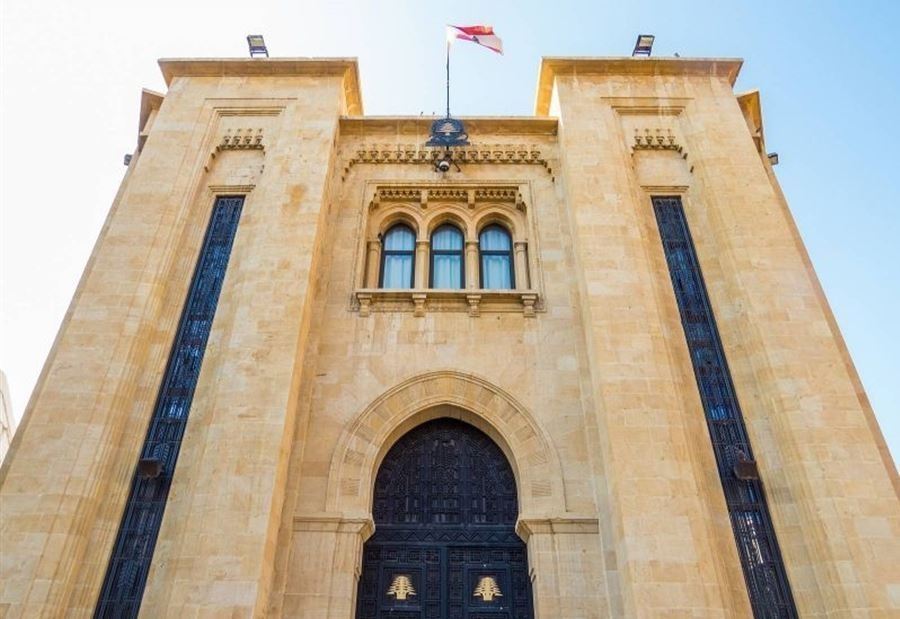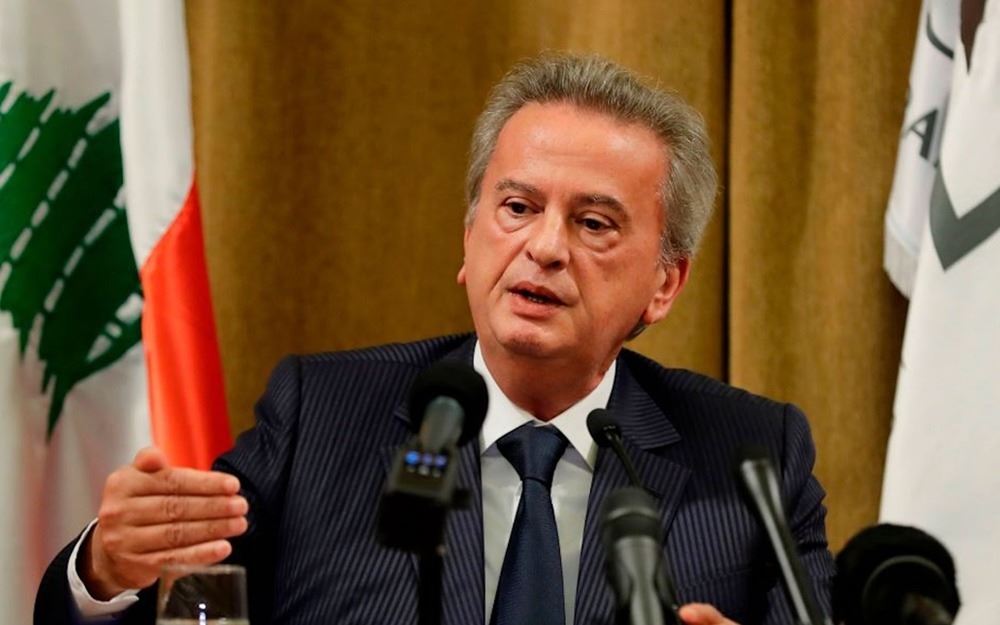لبنان في مواجهة الانتهاكات الإسرائيلية: بين الدبلوماسية والضغط الدولي
لا يملك لبنان الكثير من الخيارات لوقف الانتهاكات الإسرائيلية المستمرة لاتفاق وقف إطلاق النار، سوى اللجوء إلى الخيارين السياسي والدبلوماسي. ورغم الجهود المستمرة، لم يثبت لبنان حتى الآن نجاحًا كبيرًا في لجم التمادي الإسرائيلي، خاصة بعد أن استهدفت إسرائيل الضاحية الجنوبية لبيروت للمرة الثانية في أقل من أسبوع.
ويأتي هذا التصعيد في وقت تدعو فيه دول غربية لبنان إلى “الوفاء بتعهداته”، وضبط “إطلاق الصواريخ من الجنوب باتجاه الأراضي الفلسطينية المحتلة”، بالإضافة إلى البدء بنزع سلاح حزب الله، الذي تتخذه إسرائيل ذريعة لتنفيذ سياسة الاغتيالات ضد قادة الحزب وكوادره.
ويبدو أن الرهان اللبناني على الدور الأميركي لوقف انتهاك إسرائيل للسيادة اللبنانية بات مبالغًا فيه، إذ كشف مصدر دبلوماسي لبناني عن “رسالة تحمّلتها نائبة المبعوث الأميركي إلى الشرق الأوسط، مورغان أورتاغوس، في زيارتها المرتقبة إلى بيروت”. وذكر المصدر لـ”الشرق الأوسط” أن أورتاغوس تحمل في جعبتها أمرين أساسيين: الأول هو ممارسة أقصى الضغوط لنزع سلاح حزب الله، وتشكيل لجان للتفاوض مع إسرائيل من أجل انسحابها من النقاط الخمس التي تحتفظ بها في جنوب لبنان، والثاني هو العمل على ترسيم الحدود المتنازع عليها بين بيروت وتل أبيب.
في هذا السياق، كانت الغارة الإسرائيلية على منطقة الصفير فجر الثلاثاء، التي استهدفت عمق الضاحية الجنوبية، هي الثانية منذ دخول قرار وقف إطلاق النار حيز التنفيذ في 26 تشرين الثاني الماضي. الغارة الجديدة جرت دون أي تحذير مسبق للسكان بإخلاء المبنى المستهدف، مما رفع من حجم القلق حول التصعيد الإسرائيلي المستمر.
وأضاف المصدر الدبلوماسي اللبناني أن “الغارة الجديدة لن تكون الأخيرة”، مشيرًا إلى أن تل أبيب ماضية في سياسة الاغتيالات، وأخذت على عاتقها تدمير ترسانة حزب الله العسكرية، طالما أن خطوات الحكومة اللبنانية لم تكن كافية وفقًا لرؤيتها. وفي هذا السياق، قال إن “الولايات المتحدة الأميركية تعتبر أن لبنان الرسمي ما زال يساير الحزب، ويتجنب الاحتكاك به”.
من جانب آخر، كثف وزير الخارجية اللبناني، يوسف رجّي، اتصالاته مع الدول المعنية، لا سيما الولايات المتحدة، لوقف الاعتداءات الإسرائيلية. وأوضح مصدر في وزارة الخارجية أن رجّي “أجرى اتصالات مكثفة مع دول صديقة للبنان، خصوصًا مع الجانب الأميركي الأكثر تأثيرًا على إسرائيل”. وأضاف المصدر أن وزير الخارجية يقوم بدور فعال في وضع حد لانتهاك إسرائيل للسيادة اللبنانية.
وعلى الرغم من محدودية تأثير الدبلوماسية اللبنانية في وقف التصعيد الإسرائيلي بشكل نهائي، إلا أن السفير اللبناني السابق في واشنطن، أنطوان شديد، أكد أن “الدبلوماسية اللبنانية قادرة على لعب دور مؤثر في لجم العدوان الإسرائيلي أو التخفيف منه، بل حتى تحييد بيروت وضواحيها عن الاستهداف”.
وأشار شديد إلى أن “لبنان يمتلك رصيدًا دبلوماسيًا مهمًا يمكن الاستفادة منه”، إلا أن “الدول تطلب من لبنان أن يتعهد أيضًا بمنع الخروق من جانبه، أي وقف إطلاق الصواريخ والتعهد بنزع سلاح حزب الله في جنوب الليطاني أو على كامل الأراضي اللبنانية”. وأكد أن “لبنان ليس في وضع يسمح له بخوض حرب مع إسرائيل، ولا يقبل تحويل أراضيه إلى ساحة لتبادل الرسائل”.
Israel's Violations in Lebanon: Between Diplomacy and International Pressure
Lebanon has few options to stop Israel's continuous violations of the ceasefire agreement, with the primary recourse being political and diplomatic. Despite ongoing efforts, Lebanon has not yet succeeded in curbing Israel's continued aggression, especially after Israel targeted the southern suburbs of Beirut for the second time in less than a week.
This escalation comes at a time when Western countries are urging Lebanon to “honor its commitments,” including curbing “rocket fire from the south towards Israeli-occupied Palestinian territories” and beginning to disarm Hezbollah, which Israel uses as a pretext for carrying out assassinations against its leaders and operatives.
Lebanon's reliance on a decisive American role to halt Israel's violations of Lebanese sovereignty seems overly optimistic. A Lebanese diplomatic source revealed to “Asharq Al-Awsat” that “Morgan Ortagus, the Deputy U.S. envoy to the Middle East, will carry two main issues in her upcoming visit to Beirut.” The first is to exert maximum pressure to disarm Hezbollah, and to expedite the formation of technical and political committees for negotiations with Israel regarding its withdrawal from the five points it occupies in southern Lebanon. The second is to work on demarcating the disputed borders between Beirut and Tel Aviv.
In this context, the Israeli airstrike on the Al-Safir area early Tuesday morning, which targeted deep into the southern suburbs of Beirut, was the second such strike since the ceasefire took effect on November 26. The latest strike occurred without prior warning for residents to evacuate the targeted building, further escalating concerns about the ongoing Israeli aggression.
The Lebanese diplomatic source warned that “this new Israeli airstrike will not be the last,” noting that Tel Aviv is continuing its policy of assassinations and has taken it upon itself to destroy Hezbollah’s military arsenal, given that Lebanese government steps remain insufficient according to its view. The source also pointed out that “the United States considers Lebanon’s official stance as still accommodating Hezbollah and avoiding direct confrontation.”
Meanwhile, Lebanese Foreign Minister, Yusuf Rejeh, has intensified his communications with relevant countries, especially the United States, to put an end to the Israeli violations. A source in the Lebanese Foreign Ministry explained that Rejeh “conducted extensive contacts with Lebanon’s friendly countries, particularly with the U.S., which has significant influence over Israel.”
While the impact of Lebanese diplomacy may be limited in halting the Israeli escalation entirely, former Lebanese Ambassador to Washington, Antoine Chidiac, emphasized that “Lebanese diplomacy can play a significant role in curbing or mitigating Israeli aggression, or at the very least in neutralizing Beirut and its suburbs from further targeting.”
Chidiac added that “Lebanon has an important diplomatic capital that can be leveraged,” but noted that “these countries are asking Lebanon to also commit to preventing breaches from its side, meaning halting rocket fire and committing to disarming Hezbollah in the south of the Litani River or across all Lebanese territory.” He stressed that “Lebanon is not in a position to engage in war with Israel and will not accept turning its territory into a battlefield for message exchanges.”
Translated by international scopes team
المصدر: الشرق الأوسط
 International Scopes – سكوبات عالمية إجعل موقعنا خيارك ومصدرك الأنسب للأخبار المحلية والعربية والعالمية على أنواعها بالإضافة الى نشر مجموعة لا بأس بها من الوظائف الشاغرة في لبنان والشرق الأوسط والعالم
International Scopes – سكوبات عالمية إجعل موقعنا خيارك ومصدرك الأنسب للأخبار المحلية والعربية والعالمية على أنواعها بالإضافة الى نشر مجموعة لا بأس بها من الوظائف الشاغرة في لبنان والشرق الأوسط والعالم




